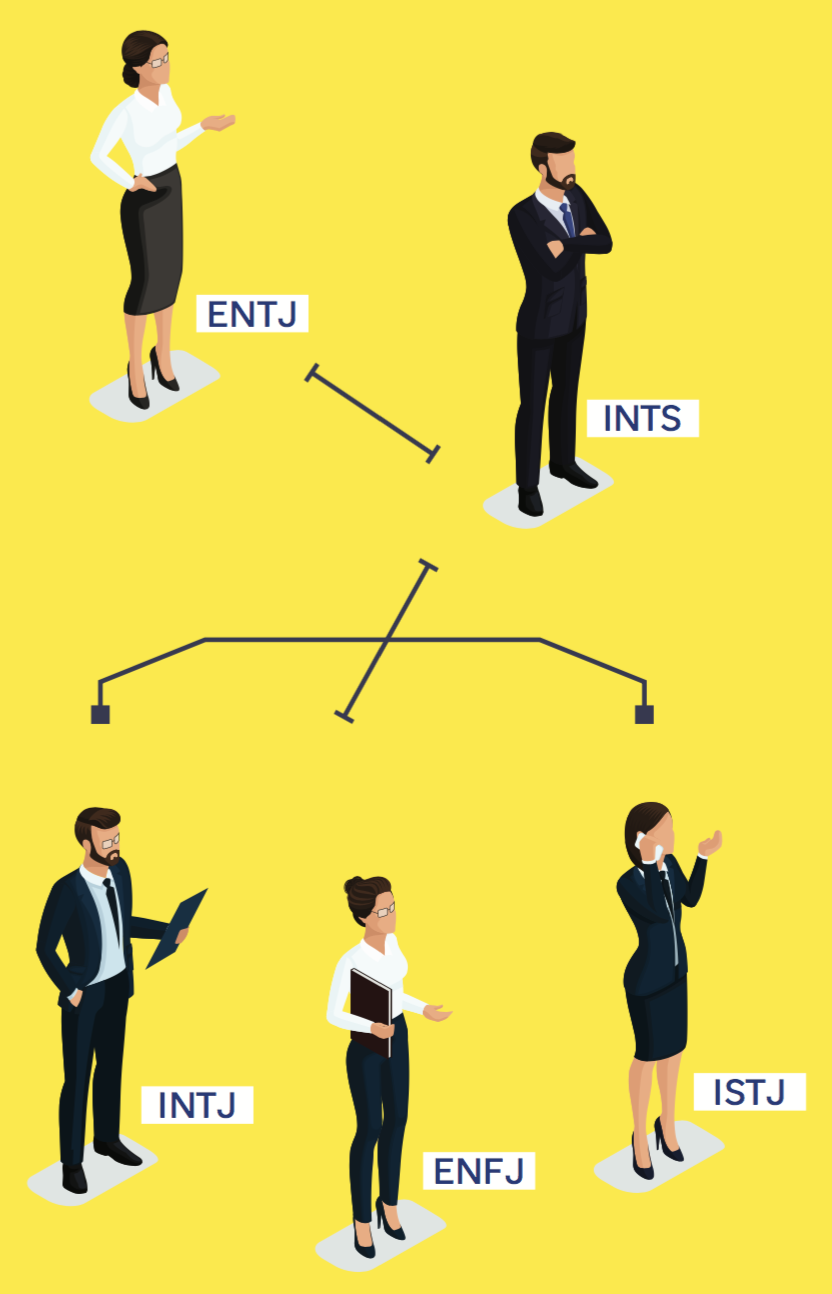
KNOW YOUR ROLE
Lift the hood of your organization to ensure long-haul performance, but be ready to fine-tune what you find.
By Jen W. O’Deay
And then another.
Soon, McDonald had 15 mechanics working for her. Never mind that she, herself, hadn’t touched a small engine in so long that her fingernails were clean. She had constant headaches, though, and she rarely slept, lying awake at night worrying about payroll and marketing problems. But that was to be expected, because, after all, she was the CEO of the company she’d built. She was living the dream, right?
Not necessarily.
According to Jay Newman, a founding partner of Culture by Choice, “It’s liberating to be able to operate in the role you’re best at. [Clients] become so much more comfortable in their own skin, once they find their proper role.”
ASSESS YOURSELF
In the early days of starting and running a business, it’s cost-effective to do as much as possible yourself. But as the enterprise grows, a time will come when one person simply cannot oversee operations, sales, accounting, marketing, and so on. Or, at least, one person cannot do it all and hold any hope of moving the company forward.
When is the right time to build a team, and what are the roles necessary for the business to thrive? Consider carefully that the needs of each founder are different, and the challenges each business faces are even more diverse.
SKILLS THAT PAY THE BILLS
When building your team, who is the first member, and what assets should that person have to help grow your vision? As your company evolves, so will your organizational structure.
Keep in mind these common functions:
Chief Executive Officer (CEO): A CEO’s skills must include strategic thinking, managing expectations, and the ability to rise above the day-to-day details while continually deciding where the industry and business are headed.
Operations: The core function of operations is to handle a company’s complex details, examining and tracking measurements. There’s always something to optimize, fix, and improve upon.
Finance: Bluntly, the ability to handle money and assess a company’s nancial health is a set of skills that must not be overlooked.
Marketing: Business success often hinges on marketing, and, more important, sales. Position your product, differentiate it from your competitors, enlist distributors, and keep customers craving your product.
Technology: More and more, technology impacts businesses and industries. Keep up with technology trends and integrate them into strategy, making sure the company stays current.
FIND YOUR FIT
Now it’s time to ask yourself the most crucial question (the question that requires brutal honesty in answering): What role are you best suited for within your growing business?
You’ll, as the founder and individual who has painstakingly overseen every detail since day one, obviously be the CEO of your growing company and— not so fast. “The fact is,” says Steven Robbins at Entrepreneur.com, “many smart entrepreneurs hire their own boss when they realize their skills lie elsewhere in the company.”
Says Ben Straughan at Startuppercolator.com: “Why might a founder/CEO need to step down as the lead manager? Simply put, the skill set for founding a company often differs from the skill set needed to successfully scale the company.”
Toward truly defining your best role, Newman suggests entrepreneurs first ask themselves: What is it that you really want at this point for your company? Once that answer is clearly de ned, the million-dollar question becomes: In what role will your strengths and skill set best advance this goal?
Remember Barb McDonald, the small engine repair expert with a growing business and even bigger headaches? Turns out, McDonald never actually wanted to be a CEO, CFO, or CMO, and she didn’t truly have the skill set required of those positions. What she wanted was a successful, growing business.
At the advice of the CEO she sought and hired, McDonald recently acquired an enormous property, large enough to house her even-further growing company. She contracted out bookkeeping and marketing, and she then positioned herself in the role where she knew her skill set would best assist her growing business.
McDonald’s new title? Expert small engine repair mechanic.
*name changed for privacy
Personality Profiling
What really drives your team?
The Myers-Briggs Type Indicator, Caliper Profile, and True Colors—surely you’ve heard of these talent and personality assessment tools. But what is their value to entrepreneurs?
Whether you have one employee or 100, team dynamics and personalities are what make or break your ability to move forward. Team continuity is the most important thing to consider—whether you are trying to improve communication and/or fill a roll within the company—and personality and talent assessment tools could prove valuable.
HOW MYERS-BRIGGS PERSONALITY TYPES MIGHT STAFF YOUR COMPANY’S ORG CHART

Are you a CEO?
Your most profitable answer may be ‘no.’
by Jen W. O’Deay
“You’re never your own boss,” Norris says. “The CEO is a servant to everybody. They answer to customers, suppliers, employees, and not only stockholders but shareholders and …. ”
Entrepreneurs who go into business with the lofty dream of being their own boss, being the CEO, are in for a rude awakening. Norris says he understands first- hand the qualities and skill set required of a CEO—and when visionary abilities and strength in financials and monetizing are best suited for someone else.
An example of this is The Fledge Music Group, a full-service recording studio. Norris recruited a team of people with knowledge of the music industry, and (within 30 days) he recruited a CEO with experience running a record label.
Within six months of opening last year, The Fledge Music Group has attracted more than 70 bands, multiple individuals with specialized mixing and mastering skills, and five booking agents. Had Norris not strategically implemented a CEO other than himself? “We may not have attracted the record labels and the bands, and we wouldn’t have had the recording industry contacts,” he says.
“You can’t let ego get in the way,” Norris says, referring to the decision to appoint yourself CEO of the company you start. “It’s about pushing the needle forward.”









